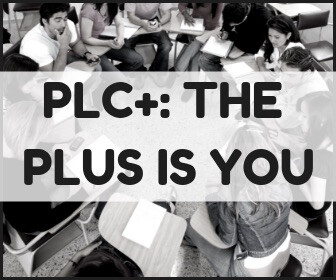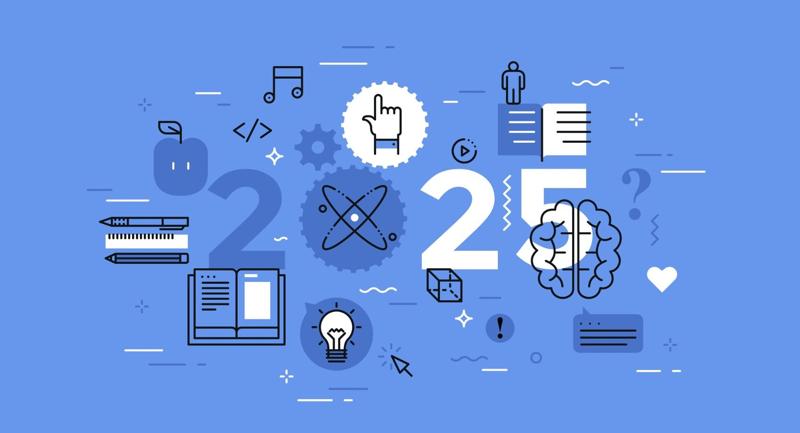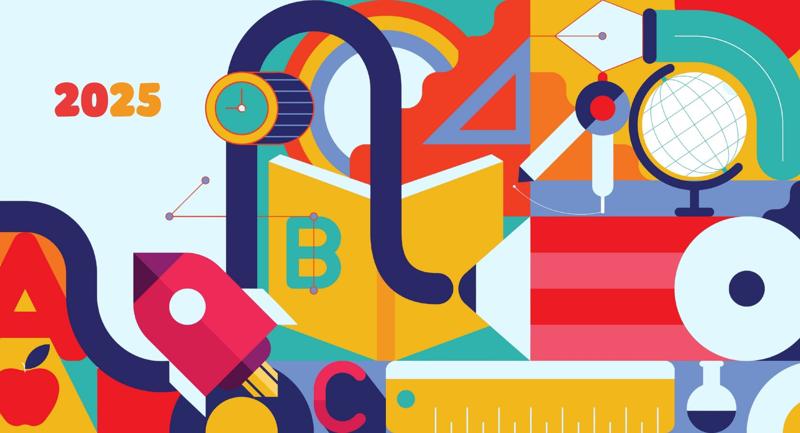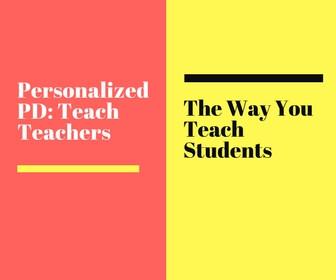Professional learning communities have revolutionized the ways educators communicate and collaborate with one another to advance student learning. Beginning in the 1960s, researchers began using the term as an alternative to the prevailing norm of the day, which was teaching in isolation. Throughout the 1980s and 1990s, various researchers reported on the conditions present in successful schools: shared norms, and time for teachers to collaborate and engage in reflective dialogue about student learning (e.g., Fullan, 1982; Senge, 1990). Since that time, thought leaders such as Shirley Hord, Rick and Becky DuFour, and Anthony Bryk have shaped how professional learning communities (PLC) are realized in schools.
But many of us have witnessed the poor implementation of PLCs. In some places, every meeting seems to get labeled as a PLC, even though the conditions for reflective dialogue are not present. In other cases, there is no focus on student learning—instead, it is a book club. And too often, grade level and department meetings about logistics and the business of school are misidentified as a professional learning community. We have a colleague who likes to remind us that just because the room has round tables, it doesn’t make it a PLC.
In fact, the very notion that a professional learning community only happens when there is a meeting is wrongheaded. The entire school is the professional learning community. Internal networks of educators, linked by shared students and roles, work together to examine student learning. They take action, and gauge the impact of their decisions. Members of the PLC spend time in the company of one another, including in each other’s classrooms.
The professional learning community is driven by a series of questions that lead each investigation cycle (Fisher, Frey, Almarode, Flories, & Nagel, 2019a):
- Where are we going?
- Where are we now?
- How do we move learning forward?
- What did we learn today?
- Who benefited from our efforts, and who did not?
Does this sound like your current professional learning community? Or has your PLC drifted away from its original mission? In this article, we offer four actions you can take to reenergize your team, using a process we call the PLC+ framework. The plus? It’s you.
Action #1: A Commitment to Equity and High Expectations
Students cannot progress when there are barriers to their learning. The sources of these barriers are complex, and the intersectionality of race, ethnicity, gender, socioeconomic status, and disability mean that each student’s achievement and progress must be closely analyzed. In addition, the institutional barriers present in the school can hinder student learning in material ways. The unrelenting focus of a PLC+ team is on striving to create equitable education at the granular level: in our classrooms.
To make equity central to your professional learning communities work, make this practice a part of your regular routine. Examine the achievement and progress of each student, and sort them into four groups, based on the initial and post-assessment results of your last unit of study. What patterns do you see among the names? What underlying inequities might be in play? The students who failed to make much progress through the unit (either because they already knew the content, or because they did not grasp what was taught) deserve targeted attention (see Figure 1).
Figure 1: Student Mapping Across Achievement and Progress.
Action #2: High Expectations Through Assignment Analysis
High expectations go hand in hand with equitable schools. The pobrecito effect (“poor little thing”) of lowered expectations for some children condemns them to fall further behind with each passing school year. But while it is common to examine student work, it is far less common to analyze the tasks we assign. Use an assignment analysis process to examine whether the expectations we espouse for our students align with the level of rigor of the tasks. The Education Trust has an excellent process for accomplishing this. Using four factors (writing output, discussion, cognitive challenge, and motivation and engagement) aligned to eight identifiers, teams can look across multiple assignments to calibrate expectations with classroom practice (see Figure 2).
Figure 2: Education Trust Literacy Assignment Analysis Factors.
Action 3: A Focus on Teaching Using Microteaching
A puzzling gap in some of the literature on professional learning communities has been the lack of attention on teaching practices. We see this as a linchpin in the work of the PLC+ team. It is essential that colleagues have opportunities to embed themselves in each other’s teaching practices. To fail to do so is analogous to expecting doctors to gain new techniques without ever witnessing medical procedures conducted by colleagues. The de-privatization of teaching is an essential ingredient in the success of the professional learning community. However, while the realities of scheduling can limit opportunities to engage in learning walks, co-teaching, and peer observations, the advent of readily available recording technologies make microteaching much more doable (Fisher & Frey, 2018).
The practice of microteaching is teacher-driven. Members of the professional learning community volunteer to bring a recorded clip they have selected to begin a discussion on an aspect of teaching. The volunteer teacher determines the segment selected, and he or she explains the content and poses an inquiry question to the group. The role of the other members of the team is to ask questions to mediate the thinking of the volunteer teacher. It is not a time to evaluate or to provide feedback. Figure 3 compares and contrasts microteaching practices, and errors to avoid.
Figure 3: What Microteaching Is and Isn’t.
Action #4: Individual and Collective Efficacy
Professional learning communities hold the potential to contribute to the individual and collective efficacy of its members. Efficacy is the belief in the capabilities of ourselves and our team to reach stated goals (Donohoo, Hattie, & Eells, 2018). But these outcomes should never be left to chance. Rather, each step in the PLC+ framework returns to you.
- What learning have you required as a result of the experience you had with the team?
- What information or skills do you need to strengthen our investigation?
- How can our learning positively impact my students?
- How did this help me determine the impact of my instructional decisions?
- How will our team support one another as we try new strategies and approaches?
Too often members leave an interaction with colleagues not really knowing what to do next. They may be too embarrassed to ask for clarification or help. Take the time during each professional learning community interaction to consider your own learning, as well as the team’s. This routine builds the trust and competence among the team necessary for school organizations to learn.
The Plus is You
Community is the operative word in the PLC+ framework. As a member of the community, you hold the power to accelerate student learning. But without purposeful attention to you, that power can be muted. Teaching is called a practice, just as medical and law practices are. As with those professions, teaching requires continual investment in ourselves individually and collectively. In doing so, we gain the influence we need to positively impact student learning.
Douglas Fisher and Nancy Frey are professors of Educational Leadership at San Diego State University and leaders at Health Sciences High and Middle College.








